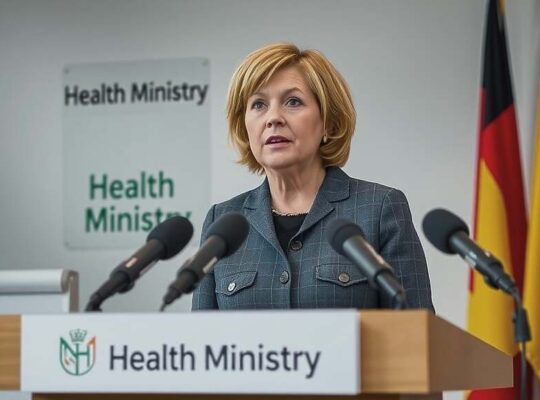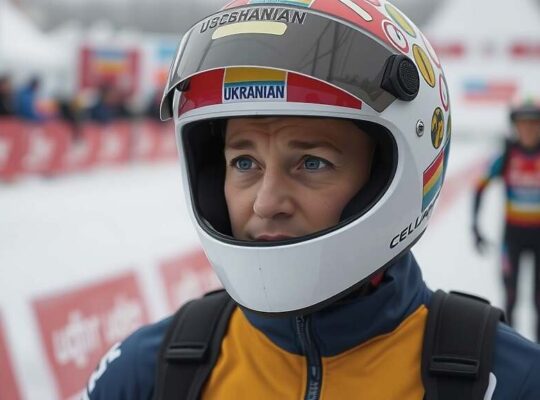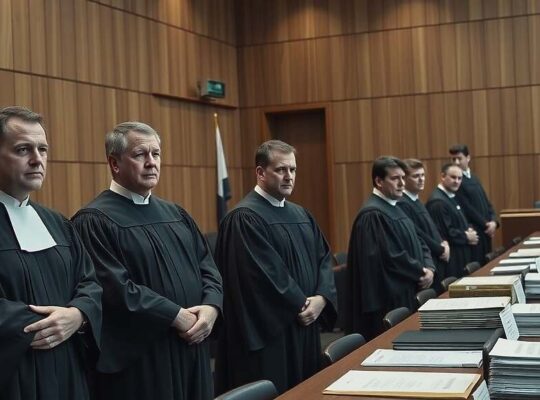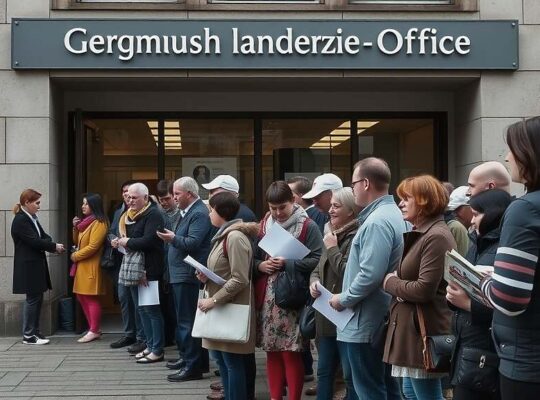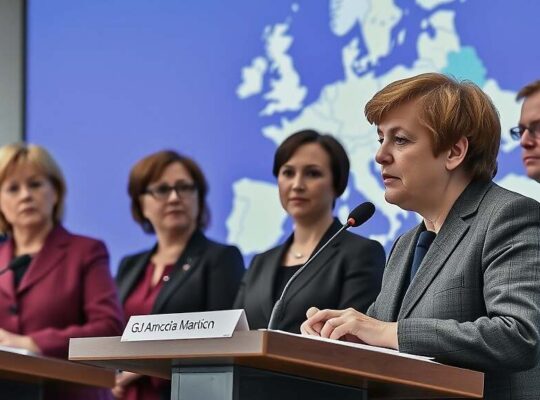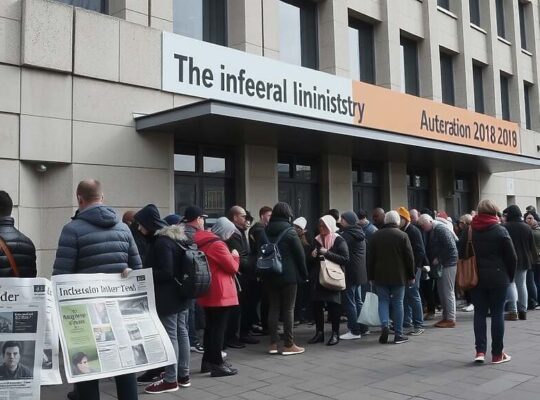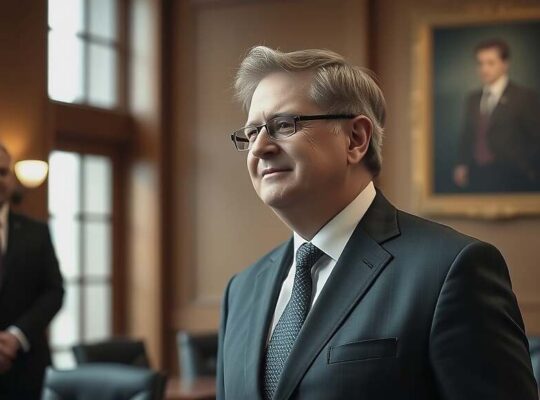A renewed debate has erupted concerning Germany’s migration policies, specifically those implemented under Interior Minister Alexander Dobrindt (CSU). The controversy stems from remarks made by Andreas Korbmacher, President of the Federal Administrative Court, regarding the government’s approach to border management.
Korbmacher expressed reservations about the practice of returning asylum seekers at the German border. This follows a prior decision by the Berlin Administrative Court, which in early June declared similar actions unlawful in three separate cases. The Green Party is now calling for a cessation of the strict border policies.
Alexander Throm, the domestic policy spokesman for the CDU/CSU parliamentary group, has categorically rejected this call. Speaking to the Handelsblatt newspaper, he stated there is “no reason whatsoever” to reconsider or alter the government’s border procedures, including returns. While assuring that the Berlin court’s decision would be respected concerning the three Somali citizens involved, Throm argued the ruling holds “no legal binding force beyond that.
He emphasized the need for a decision from the European Court of Justice (ECJ), which he believes should comprehensively consider recent migration patterns, the shortcomings of the EU’s Dublin Regulation and their impact on European societies.
Sebastian Fiedler, the SPD’s domestic policy spokesperson, described Korbmacher’s public statement as “remarkable” interpreting it as a clear indication of the importance of the separation of powers within the government. He urged adherence to EU law in all migration-related actions, highlighting the need for legal certainty for law enforcement officers conducting border checks.
Fiedler affirmed that the SPD also supports a “clear course” in migration, prioritizing the optimal organization of immigration into the labor market through the creation and promotion of legal pathways.



